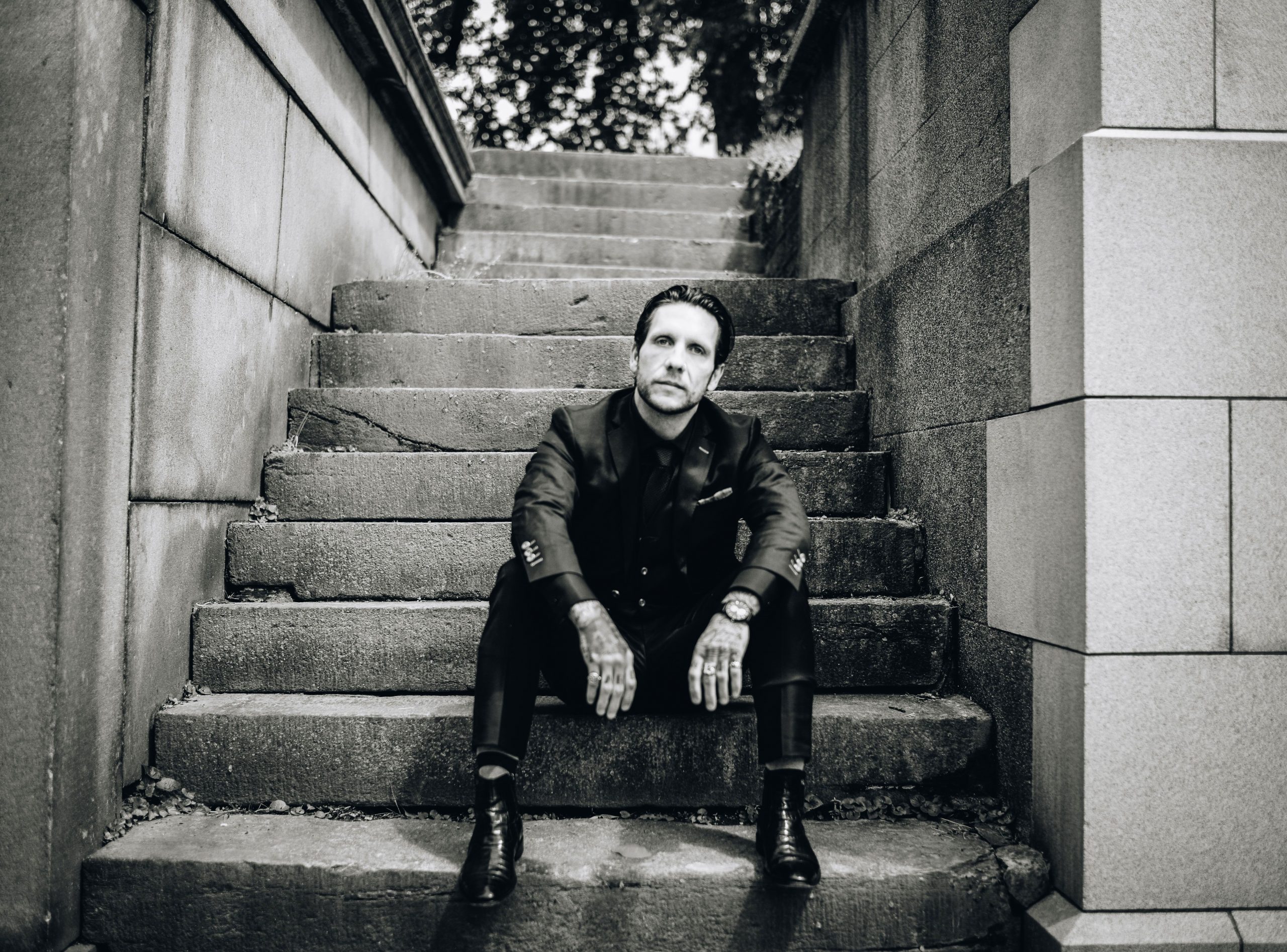
Heroin is one of the deadliest and most addictive street drugs today.
Unfortunately, polydrug abuse is very common among those who suffer from heroin addiction. It’s not uncommon for drug users to also drink alcohol while using. When heroin and alcohol are mixed, they can cause immediate and long-term side effects. The dangers of mixing heroin and alcohol can cause much more than just health problems and should not be taken lightly.
What Is Heroin?
Heroin is an opioid that’s derived from the opium poppy plant. It’s known for its addictive qualities and high potential for abuse. Heroin works by attaching to the opioid receptors in the brain, activating the release of a neurotransmitter called dopamine. When dopamine levels increase, it produces feelings of euphoria, pleasure, and a sense of well-being. Heroin is often sold as a white or brown powder or as a black sticky substance known as black tar heroin. Most heroin that’s sold in the streets contains a variety of additives referred to as cutting agents; however, even in its most impure form, it’s highly addictive. These cutting agents also increase the likelihood of health repercussions and side effects like an overdose.
As a recovery advocate who struggled with heroin abuse, Brandon Novak has firsthand experience with the dangers of this drug. As a professional skateboarder and actor, he was often exposed to drugs and alcohol, eventually resulting in a life of heroin abuse, heavy drinking, and partying. However, thanks to Redemption Addiction Treatment Centers, Brandon recovered from heroin addiction and has been sober for over 5 years.
What Are the Dangers of Mixing Heroin and Alcohol?
Both heroin and alcohol attack the brain and produce a variety of side effects. While the individual may be looking to enhance their high or their buzz, they’re harming their mind and body. Heroin effects increase significantly when combined with alcohol. Because the cutting agents in heroin are often unknown, it’s impossible to know what the person is actually ingesting, how much of it they’re ingesting, and how it’ll react with alcohol. The body also absorbs alcohol at a quicker rate than heroin, which increases a person’s risk of alcohol poisoning when drinking alcohol while using heroin.
Some of the most common side effects of heroin and alcohol combination include:
- Euphoria
- Drowsiness
- Dizziness
- Shallow breathing
- Dry mouth
- Nausea and vomiting
- Confusion
- Loss of consciousness
- Impaired motor movement
- Slowed heart rate
- Shakes or tremors
Alcohol and heroin are both central nervous system depressants, which means they target the brain and produce a feeling of relaxation. Individually, they slow breathing and heart rate, which can lead to respiratory depression, brain damage, and even death. Mixing heroin with alcohol only enhances these side effects. Heroin and alcohol symptoms can also increase the risks of the user injuring themselves or others.
Brandon Novak’s substance abuse had an immense impact on his life. At his lowest point, Brandon was homeless. However, with the help of rehab, he was able to regain control of his life. If you know someone who is in denial about their drug or alcohol problem or refuses treatment, Brandon can help. As a certified intervention specialist (CIP), he’s helped various people organize addiction interventions and get their loved ones help. Call him now at (610) 947-5587 to learn more about the services he offers.
Related Reading:





